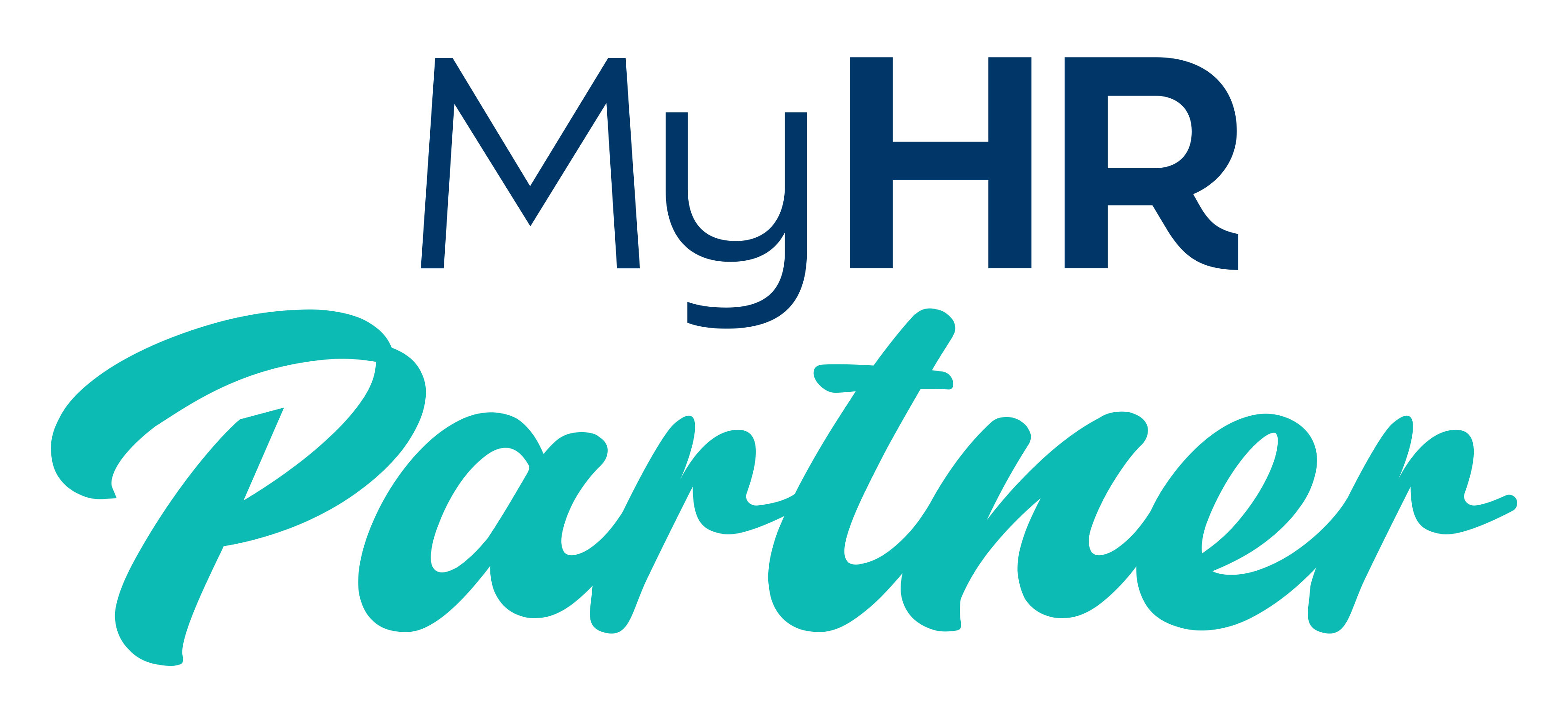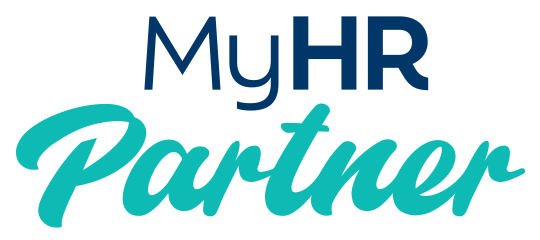Fair Use Policy
Definitions and interpretation
In the terms and conditions on this page:
• “Intellectual Property Rights” means all intellectual property rights, including copyright, patents, trade marks, design rights, trade secrets, domain names, know-how and other rights of a similar nature, whether registrable or not and whether registered or not, and any applications for registration or rights to make such an application, in all parts of the world;
• “Permitted Purpose” means the bona fide use of any provided document for genuine internal human resources purposes for you or your business solely;
• “User Documents” means all of the documents obtained from Hillen HR Pty Ltd and delivered to you via the website;
Fair Use
Without limitation to any other requirements imposed on the use of the User Documents, you must not:
• use the User Documents for any purpose or in any manner other than for the Permitted Purpose in accordance with any terms we may impose from time to time;
• use the User Documents in any way that could damage the reputation of Hillen HR Pty Ltd or the goodwill or Intellectual Property Rights of Hillen HR Pty Ltd associated with the User Documents;
• permit any third party to use the User Documents without Hillen HR Pty Ltd’s prior written consent;
• assign, sub-licence or otherwise deal in any other way with any of your rights without our prior written consent;
• disclose your password(s) to any third party;
• copy, reproduce, translate, adapt, vary or modify any User Document or create any derivative works based upon the User Documents, other than pursuant to the license granted to you under the heading “License” on this page below;
• modify or remove any copyright or proprietary notices pertaining to the User Documents; or
• engage in any conduct that, in the opinion of Hillen HR Pty Ltd at its sole and absolute discretion, indicates an intention to misuse and/or misappropriate any content of any User Documents.
Licence
Subject to the provisions under the heading “Ownership of Intellectual Property Rights” below and continued compliance with all of the provisions of our terms of use as notified from time to time, Hillen HR Pty Ltd hereby grants to you a perpetual license to keep, use and reproduce all User Documents validly produced by you in accordance with our terms of use as notified to you from time to time provided that such conduct is undertaken solely and exclusively for the Permitted Purpose.
No amendment or alteration is permitted to be made to the User Document (including any addition to, and/or deletion from, that User Document) without the consent of Hillen HR Pty Ltd.
Ownership of Intellectual Property Rights
You acknowledge and agree that:
• Hillen HR Pty Ltd does not transfer or assign any Intellectual Property Rights to you;
• your use of our site and/or client portal does not transfer or assign any Intellectual Property Rights to you;
• Hillen HR Pty Ltd owns and retains all Intellectual Property Rights in the User Documents, other than rights temporarily granted to you pursuant to the licence under the heading “License” on this page;
• Hillen HR Pty Ltd owns and retains all Intellectual Property Rights in the User Documents and you have no Intellectual Property Rights or any other rights in any part of the User Documents other than:
• the rights granted to you pursuant to the license under the heading “License” on this page above; and
• in respect of your own data.
• the rights granted to you pursuant to the license under the heading “License” on this page above; and
• in respect of your own data.
Consequences of Violation
Hillen HR Pty Ltd reserves all of its rights in relation to any breach of our terms, including any violation of this Fair Use Policy, including the right to seek injunctive relief and the right to sue for damages. Without limitation to those rights, if Hillen HR Pty Ltd finds that you have used the User Documents other than in accordance with our terms, Hillen HR Pty Ltd reserves the right to, without notice to you:
• limit your subscription; and/or
• suspend or terminate your subscription.
Our Latest Blog Post

Flexible Work - The Questions Every Small Business Owner are Asking
Flexible Work - The Questions Every Small Business Owner are Asking
“How do I balance remote and hybrid work expectations with productivity and accountability?”
It’s the HR challenge of the moment.
Staff want flexibility.
Employers want results.
There is a possibility saying no to flexibility could mean saying goodbye to good people. Of course, there are some positions where flexible working and working from home is just not possible.
This guide is written for small business owners in Australia who are wrestling with this balance.
Why Hybrid Work Matters Now
Employee demand: Flexibility is now seen as a standard benefit, not a perk.
Retention and attraction: Workers are more likely to join or stay with businesses that offer hybrid options.
Productivity potential: When managed well, remote work can actually increase focus and reduce burnout.
But too much flexibility without structure might cause communication breakdowns, accountability issues, and can affect team culture. So having the right systems and structure in place is important.
Setting the Right Guardrails
Every business will find its own balance, and of course there are businesses where a hybrid model won’t work. Like everything in HR, the key is communication, clarity and consistency.
Here’s some guidance on what can work:
1. Define Expectations Clearly
Create a hybrid work/flexibility policy. It doesn’t have to be long, one or two pages covering things like which roles are eligible, how many days employees can work remotely, and expectations around availability.
Be clear on when the team needs to be together in the office (e.g. Mondays for planning, Thursdays for client meetings).
2. Focus on Output, Not Hours
It may be an option to measure work by results achieved, not by how many hours someone’s online.
Agree on KPIs or milestones that matter to the role — projects delivered, clients served, sales achieved.
3. Keep Communication Human
Use simple tools but set communication expectations: response times, meeting etiquette, and which channels to use for what.
Encourage regular check-ins that feel like support, not surveillance.
4. Protect Team Culture
Bring the team together regularly even if it’s just one or two days a week. Each business will be different.
Invest in small rituals that make people feel part of something (check in meetings at the beginning of the week, shared lunches, team get togethers, end-of-week wins).
5. Support Wellbeing
Hybrid can blur boundaries. Encourage people to actually switch off. For example, don't set up an expectation that an employee is still logged on or available outside of their working hours.
Model healthy behaviour: if you respect the Right to Disconnect, your team will too.
Quick Wins for Small Business Owners
Start with a pilot: test a 2 to 3 month hybrid setup and review. Make it clear that it's a trial.
Ask your team for input. Often, they’ll suggest practical compromises.
Document your policy so everyone knows the rules.
“What is the best hybrid work model for small businesses?” → The best model is one that balances flexibility with clear expectations, focusing on outputs rather than hours. And the best model is going to be the one that works for your business.
“How do I manage remote work productivity?” → Set clear KPIs, use regular check-ins, and build trust instead of relying on micromanagement tools.
“Do I need a hybrid work policy in Australia?” → Yes. Even a simple one-page policy helps set expectations, reduce risk, and comply with Fair Work guidance.
Final Word
Hybrid or flexible work doesn’t have to be a headache. With a clear policy, a focus on results, and a human approach to culture, businesses in Australia can enjoy the best of both worlds - flexibility for staff, productivity for the business.
👉 Next step: Need a tailored hybrid work policy for your business? My HR Partner can help you draft one that fits your size, industry, and compliance needs.
We provide HR advice and support. We have trusted partners to assist with any employment law issues
outside of our scope.
More info

Get HR Advice from our HR expert
Fair Use Policy
Definitions and interpretation
In the terms and conditions on this page:
• “Intellectual Property Rights” means all intellectual property rights, including copyright, patents, trade marks, design rights, trade secrets, domain names, know-how and other rights of a similar nature, whether registrable or not and whether registered or not, and any applications for registration or rights to make such an application, in all parts of the world;
• “Permitted Purpose” means the bona fide use of any provided document for genuine internal human resources purposes for you or your business solely;
• “User Documents” means all of the documents obtained from Hillen HR Pty Ltd and delivered to you via the website;
Fair Use
Without limitation to any other requirements imposed on the use of the User Documents, you must not:
• use the User Documents for any purpose or in any manner other than for the Permitted Purpose in accordance with any terms we may impose from time to time;
• use the User Documents in any way that could damage the reputation of Hillen HR Pty Ltd or the goodwill or Intellectual Property Rights of Hillen HR Pty Ltd associated with the User Documents;
• permit any third party to use the User Documents without Hillen HR Pty Ltd’s prior written consent;
• assign, sub-licence or otherwise deal in any other way with any of your rights without our prior written consent;
• disclose your password(s) to any third party;
• copy, reproduce, translate, adapt, vary or modify any User Document or create any derivative works based upon the User Documents, other than pursuant to the license granted to you under the heading “License” on this page below;
• modify or remove any copyright or proprietary notices pertaining to the User Documents; or
• engage in any conduct that, in the opinion of Hillen HR Pty Ltd at its sole and absolute discretion, indicates an intention to misuse and/or misappropriate any content of any User Documents.
Licence
Subject to the provisions under the heading “Ownership of Intellectual Property Rights” below and continued compliance with all of the provisions of our terms of use as notified from time to time, Hillen HR Pty Ltd hereby grants to you a perpetual license to keep, use and reproduce all User Documents validly produced by you in accordance with our terms of use as notified to you from time to time provided that such conduct is undertaken solely and exclusively for the Permitted Purpose.
No amendment or alteration is permitted to be made to the User Document (including any addition to, and/or deletion from, that User Document) without the consent of Hillen HR Pty Ltd.
Ownership of Intellectual Property Rights
You acknowledge and agree that:
• Hillen HR Pty Ltd does not transfer or assign any Intellectual Property Rights to you;
• your use of our site and/or client portal does not transfer or assign any Intellectual Property Rights to you;
• Hillen HR Pty Ltd owns and retains all Intellectual Property Rights in the User Documents, other than rights temporarily granted to you pursuant to the licence under the heading “License” on this page;
• Hillen HR Pty Ltd owns and retains all Intellectual Property Rights in the User Documents and you have no Intellectual Property Rights or any other rights in any part of the User Documents other than:
• the rights granted to you pursuant to the license under the heading “License” on this page above; and
• in respect of your own data.
Consequences of Violation
Hillen HR Pty Ltd reserves all of its rights in relation to any breach of our terms, including any violation of this Fair Use Policy, including the right to seek injunctive relief and the right to sue for damages. Without limitation to those rights, if Hillen HR Pty Ltd finds that you have used the User Documents other than in accordance with our terms, Hillen HR Pty Ltd reserves the right to, without notice to you:
• limit your subscription; and/or
• suspend or terminate your subscription.
Our Latest Blog Post

Flexible Work - The Questions Every Small Business Owner are Asking
Flexible Work - The Questions Every Small Business Owner are Asking
“How do I balance remote and hybrid work expectations with productivity and accountability?”
It’s the HR challenge of the moment.
Staff want flexibility.
Employers want results.
There is a possibility saying no to flexibility could mean saying goodbye to good people. Of course, there are some positions where flexible working and working from home is just not possible.
This guide is written for small business owners in Australia who are wrestling with this balance.
Why Hybrid Work Matters Now
Employee demand: Flexibility is now seen as a standard benefit, not a perk.
Retention and attraction: Workers are more likely to join or stay with businesses that offer hybrid options.
Productivity potential: When managed well, remote work can actually increase focus and reduce burnout.
But too much flexibility without structure might cause communication breakdowns, accountability issues, and can affect team culture. So having the right systems and structure in place is important.
Setting the Right Guardrails
Every business will find its own balance, and of course there are businesses where a hybrid model won’t work. Like everything in HR, the key is communication, clarity and consistency.
Here’s some guidance on what can work:
1. Define Expectations Clearly
Create a hybrid work/flexibility policy. It doesn’t have to be long, one or two pages covering things like which roles are eligible, how many days employees can work remotely, and expectations around availability.
Be clear on when the team needs to be together in the office (e.g. Mondays for planning, Thursdays for client meetings).
2. Focus on Output, Not Hours
It may be an option to measure work by results achieved, not by how many hours someone’s online.
Agree on KPIs or milestones that matter to the role — projects delivered, clients served, sales achieved.
3. Keep Communication Human
Use simple tools but set communication expectations: response times, meeting etiquette, and which channels to use for what.
Encourage regular check-ins that feel like support, not surveillance.
4. Protect Team Culture
Bring the team together regularly even if it’s just one or two days a week. Each business will be different.
Invest in small rituals that make people feel part of something (check in meetings at the beginning of the week, shared lunches, team get togethers, end-of-week wins).
5. Support Wellbeing
Hybrid can blur boundaries. Encourage people to actually switch off. For example, don't set up an expectation that an employee is still logged on or available outside of their working hours.
Model healthy behaviour: if you respect the Right to Disconnect, your team will too.
Quick Wins for Small Business Owners
Start with a pilot: test a 2 to 3 month hybrid setup and review. Make it clear that it's a trial.
Ask your team for input. Often, they’ll suggest practical compromises.
Document your policy so everyone knows the rules.
“What is the best hybrid work model for small businesses?” → The best model is one that balances flexibility with clear expectations, focusing on outputs rather than hours. And the best model is going to be the one that works for your business.
“How do I manage remote work productivity?” → Set clear KPIs, use regular check-ins, and build trust instead of relying on micromanagement tools.
“Do I need a hybrid work policy in Australia?” → Yes. Even a simple one-page policy helps set expectations, reduce risk, and comply with Fair Work guidance.
Final Word
Hybrid or flexible work doesn’t have to be a headache. With a clear policy, a focus on results, and a human approach to culture, businesses in Australia can enjoy the best of both worlds - flexibility for staff, productivity for the business.
👉 Next step: Need a tailored hybrid work policy for your business? My HR Partner can help you draft one that fits your size, industry, and compliance needs.
We provide HR advice and support.
We have trusted partners to assist with
any employment law issues outside
of our scope.
More info
PO Box 1079
Coolangatta QLD 4225
ABN 30 644 527 015
Get HR Advice from our HR expert








